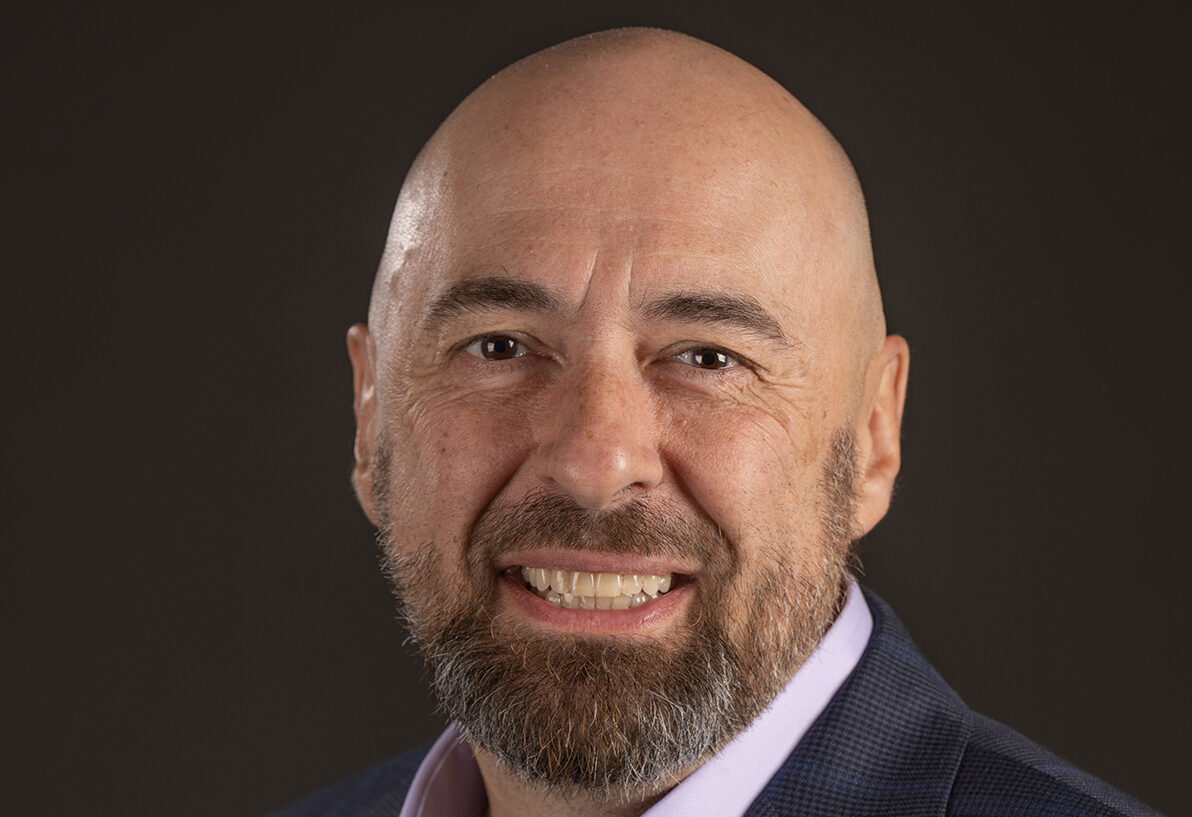Meet Dr. Alexander Moise: Assistant Dean of Graduate Studies at NOSM University
Posted on October 23, 2024
Dr. Alexander Moise can talk about vitamin A for hours. He has been researching the vitamin and its role in the prevention of diseases since 2002.
An important nutrient needed for vision, immunity, reproduction, and cell differentiation. Each year, about half a million children worldwide go blind because of vitamin A deficiency and 200,000 to 300,000 die due to common infections. In all, it is estimated that this deficiency affects more than 200 million children worldwide.
Researching the role and regulation of vitamin A signaling allows Dr. Moise to work on a variety of health issues as it affects almost every part of the human body. “It touches ophthalmology, cancer, embryology, dermatology, and more” he says.
While in Canada, there isn’t a widespread deficiency of vitamin A; some people are exposed to an excess of the vitamin, which can cause toxicity and birth defects. Dr. Moise’s research focuses on safe ways to supplement without leading to toxicity.
“So, vitamin A is good, but too much of it can be a bad thing,” he says.
In July, he was the chair of the International Retinoids Conference in Saint Paul, MN, USA, where researchers from around the world came together to present their research on vitamin A and the related retinoid compounds.
Dr. Moise’s current research focuses on the regulation of vitamin A metabolism having identified genes that play critical roles in this process.
Working with other researchers, they found mutations linked to excess vitamin A signaling that causes craniofacial defects in babies. One common defect called craniosynostosis affects approximately 1 in 2,000 babies and it occurs when one of the sutures on a baby’s skull prematurely closes before the brain is fully grown. Craniosynostosis is treated with surgery, but Dr. Moise’s work suggests that its treatment could also incorporate non-surgical therapies in the future.
“This is the first time that we had evidence that links this enzyme to this disease,” says Dr. Moise. “Not all cases of craniosynostosis are caused by mutations in this one gene, but alterations in vitamin A signaling are quite commonly seen in craniofacial defects, and this is a known signaling pathway that we can control through pharmacology.”
This latest study has been submitted for publication.
In addition to his research, Dr. Moise is the new Assistant Dean, Graduate Studies at NOSM University. He is passionate about helping learners understand the process of research and its importance.
“Research is a humbling but also rewarding process. Students come through my lab having preconceptions about how science is done, then learn the process of research, and are dismayed of just how often our hypotheses are wrong,” he says. “Yet this iterative process ultimately leads to discoveries and outcomes far beyond what was initially imagined.”
Dr. Moise’s trainees have gone on to research careers in academia or industry or pursued medical training in the US and in Canada including NOSM University’s MD program. Many trainees have also been recognized through awards. Parisa Varshosaz, who will soon defend her Ph.D., won the Laurentian University 3-minute thesis competition in March.
As Assistant Dean, Dr. Moise says he will work to ensure that students are getting a quality education with a robust curriculum and have a positive experience throughout the program.
He is excited to work with NOSM University’s administrators, faculty and staff to increase the breadth and capacity of the university’s graduate studies programs.
“The goal of our program is to provide students with solid and thorough training in clinical and biomedical research methods,” Dr. Moise says. “One of the strengths of our program is that it takes into account the unique challenges and environment of Northern Ontario to have a meaningful impact on our region.”


